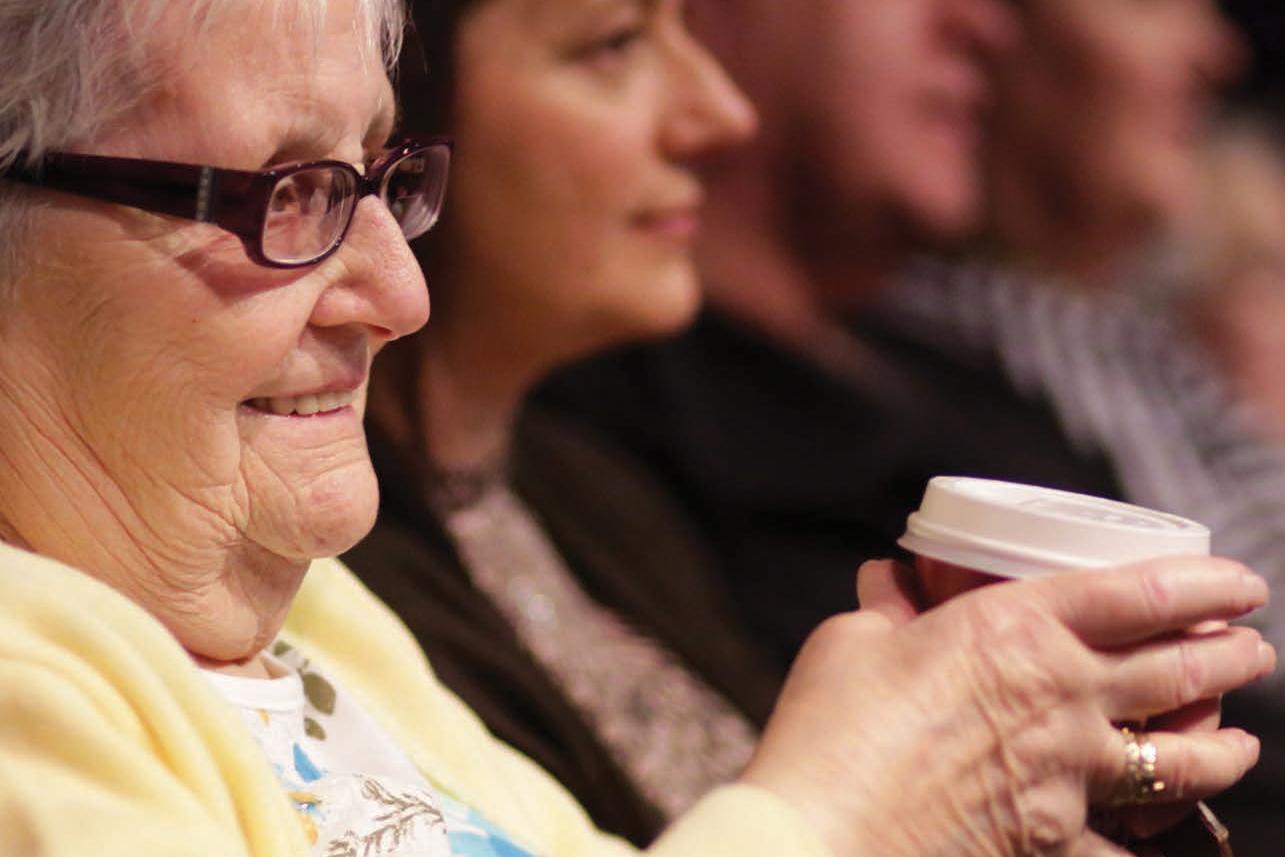Dementia-friendly film screenings allow people with dementia and their caregivers to enjoy an ordinary visit to the cinema.
Picture the scene: the front row of a cozy cinema a few weeks before Christmas, the credits for "White Christmas" rolling and festive snacks being served in the aisles.
But there are a few differences from a normal film holiday cinema screening. The house lights are still on. The film volume is lower than usual. And the audience is encouraged to talk, sing or join in with any part of the movie that catches their interest. In this theater, almost everyone in the audience either has dementia or is a caregiver for someone who does.
Across Britain, "dementia-friendly" film screenings like this are being held in more and more cinemas, encouraged by a network of dementia charities working with cinema chains. The idea is to provide an environment where people living with dementia and their caregivers can enjoy a film without being worried about the disease and had how it manifests itself.
At the "White Christmas" screening in South London recently, Em and her mother, Aisha, enjoyed the film but also enjoyed the opportunity to come to a place where people understand how the disease can affect people. "She [Aisha] gets a lot out of them. When we stay indoors at home, keeping her active is harder and she tends to sleep a lot — but when we come out here, she is wide awake and the brain is stimulated. It keeps her going."
Cinema is perfect for this kind of activity, as a movie can be one of the few ways to completely re-create experiences and memories that a dementia patient may have had in their youth. The Alzheimer's Society, which has helped to organize many of the screenings, has found that classic musicals are particularly popular. Music and song often stay with people when other forms of communication are no longer possible, allowing people with dementia and their family members to still enjoy a shared experience.
At the screening in South London, it was clear that most of those with dementia were enjoying the music and the film. But it was their caregivers who seemed to benefit even more. For them, screenings like this are a way to meet fellow caregivers and volunteers and to find a community of people who are also going through the same struggles.
Editor's note: An earlier version of this article referred to "dementia sufferers", which is not consistent with our usual style for people with illnesses and disabilities.
Our coverage reaches millions each week, but only a small fraction of listeners contribute to sustain our program. We still need 224 more people to donate $100 or $10/monthly to unlock our $67,000 match. Will you help us get there today?
